
- 1-Introduction to Plumbing Maintenance
- 2-Signs You Need to Replace Old Plumbing Pipes
- 3-Why Replacing Old Pipes is Important
- 4-How to Replace Old Plumbing Pipes
- 5-Preventing Plumbing Issues in the Future


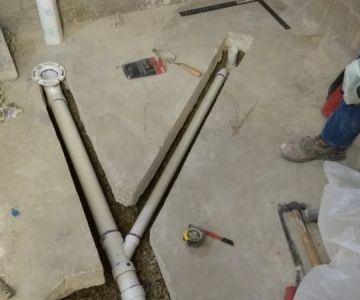
Learn how to ensure proper venting in your drainage system with these essential tips. Discover the importance of venting and how it prevents plumbing issues, and ensure your drainage system works efficiently.
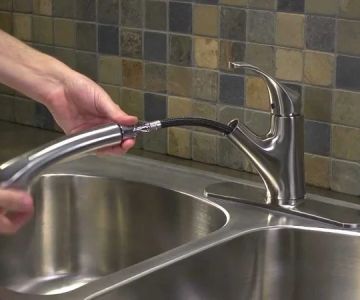
Learn step-by-step how to install a new sink faucet with a pull-out sprayer. Our guide covers all the tools and tips needed for a successful faucet installation.
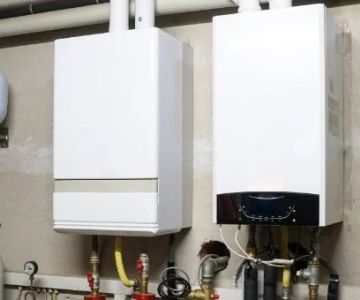
Learn how to choose the best tankless water heater for your family home. Discover energy-efficient options, key features to consider, and helpful tips for selecting the right model for your needs.
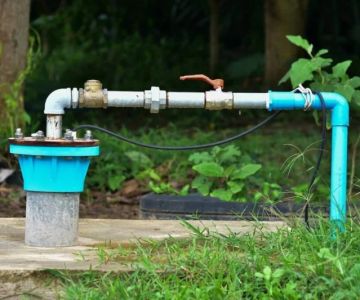
Learn how to maintain your well water system for optimal performance. Follow essential tips and practices to ensure clean and reliable water for your home.
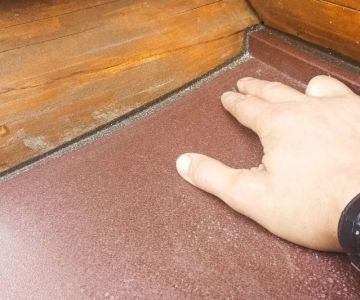
Learn how to repair a slab leak under the floor with step-by-step instructions. This guide will help you identify, diagnose, and fix a slab leak to prevent further damage.
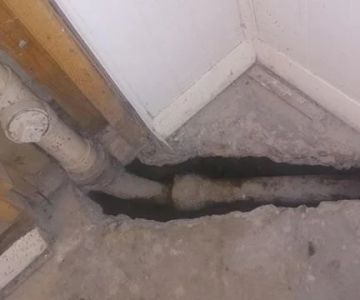
Learn how to replace a broken pipe in a slab foundation. This guide covers the steps to identify, access, and repair a broken pipe effectively to restore plumbing functionality.
 Rauer Plumbing Inc.4.0 (29 reviews)
Rauer Plumbing Inc.4.0 (29 reviews)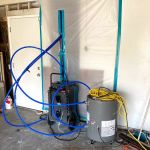 Fossler Plumbing5.0 (66 reviews)
Fossler Plumbing5.0 (66 reviews)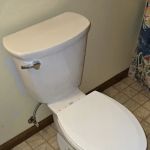 Mann Plumbing, Inc.4.0 (105 reviews)
Mann Plumbing, Inc.4.0 (105 reviews)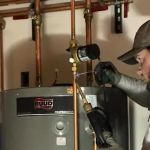 Arndt and Son Plumbing4.0 (110 reviews)
Arndt and Son Plumbing4.0 (110 reviews) Al Garcia's Plumbing, Heating & Air Conditioning Inc.4.0 (48 reviews)
Al Garcia's Plumbing, Heating & Air Conditioning Inc.4.0 (48 reviews)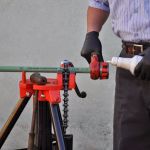 Right Flow Plumbing4.0 (31 reviews)
Right Flow Plumbing4.0 (31 reviews)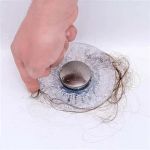 How to Replace a Tub Drain With Hair Trap Feature
How to Replace a Tub Drain With Hair Trap Feature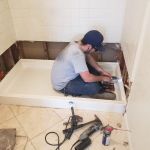 How to Replace a Shower Pan or Base | Plumbers Supply Hub
How to Replace a Shower Pan or Base | Plumbers Supply Hub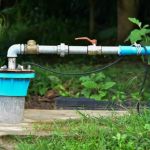 How to Maintain a Well Water System for Reliable Performance
How to Maintain a Well Water System for Reliable Performance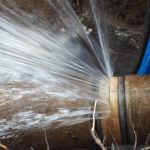 How to Prevent Settling Damage to Plumbing Joints: Tips and Solutions
How to Prevent Settling Damage to Plumbing Joints: Tips and Solutions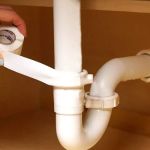 How to Prevent Settling Damage to Plumbing Joints
How to Prevent Settling Damage to Plumbing Joints How to Locate Hidden Water Leaks in Walls or Ceilings | Expert Tips
How to Locate Hidden Water Leaks in Walls or Ceilings | Expert Tips